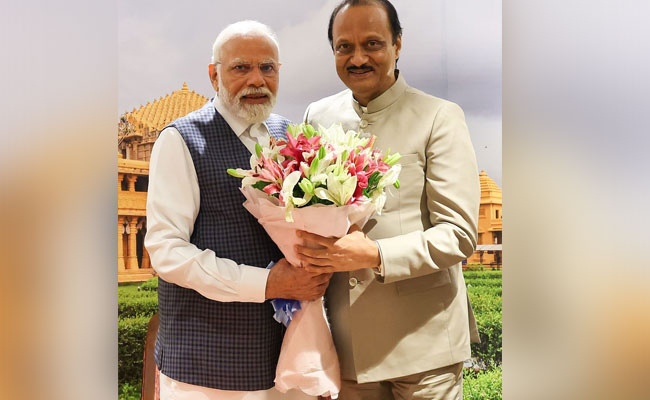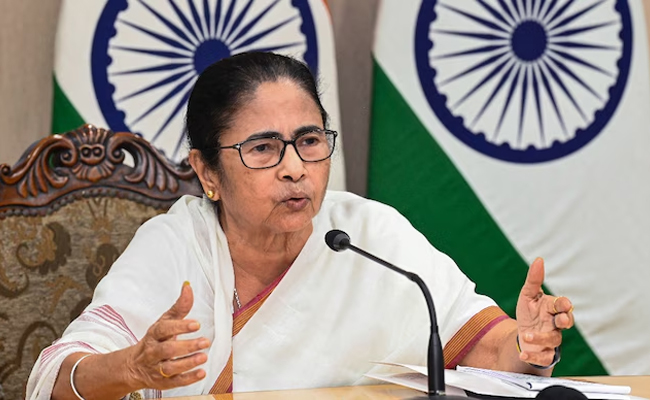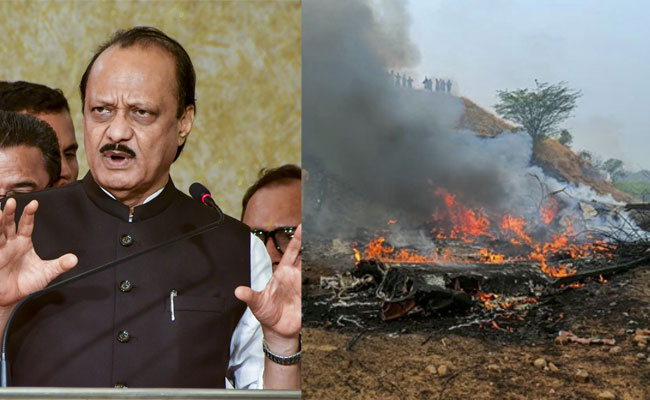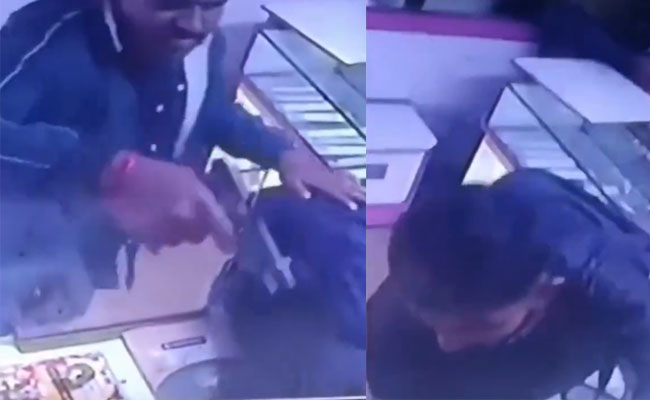New Delhi: An Indian CEO has triggered widespread debate on social media after reportedly spending Rs 14 lakh on a Louis Vuitton suitcase designed for his dog. Ajay Thakore, CEO of Doctor Multimedia, shared a video on Instagram showcasing the extravagant purchase, which has since drawn mixed reactions.
In the video, Thakore is seen entering a Louis Vuitton store, stating, "I think my dog has something to pick up." He then reveals the "Bone Trunk," a bone-shaped, hard-shell suitcase complete with a varnished wooden tray and two bowls. The video’s caption read, "Aspen's always spending money like there's no tomorrow. $20k Louis Vuitton bone trunk."
The post quickly went viral, with many users expressing shock and disbelief. Some criticized the CEO’s indulgence, questioning the morality of spending such a large sum on a pet accessory when pressing issues like poverty and animal welfare exist. Comments ranged from disbelief to sharp criticism, with one user remarking, "Imagine how far $20k would go at an animal rescue." Others viewed it as a reflection of societal excess, calling it a "grotesque illustration of what's wrong in society."
However, Thakore also found support from some users, who defended his right to spend his wealth as he pleased. One commenter noted the irony of criticism coming from people who indulge in expensive gadgets, writing, "It's funny how many condemn this spending yet think nothing of buying an $800 iPhone without considering charity."
Let the Truth be known. If you read VB and like VB, please be a VB Supporter and Help us deliver the Truth to one and all.
New Delhi (PTI): Prime Minister Narendra Modi on Wednesday said the death of Maharasthra deputy chief minister Ajit Pawar in a plane crash was untimely and very shocking.
In a post on X, Modi said Ajit Pawar was a leader of the people with a strong grassroots level connect.
Pawar, 66, and four other persons were killed after an aircraft carrying them crashed near his hometown Baramati in Pune district on Wednesday morning, officials said.
"Shri Ajit Pawar Ji was a leader of the people, having a strong grassroots level connect. He was widely respected as a hardworking personality at the forefront of serving the people of Maharashtra.
"His understanding of administrative matters and passion for empowering the poor and downtrodden were also noteworthy. His untimely demise is very shocking and saddening. Condolences to his family and countless admirers. Om Shanti," Modi said.





